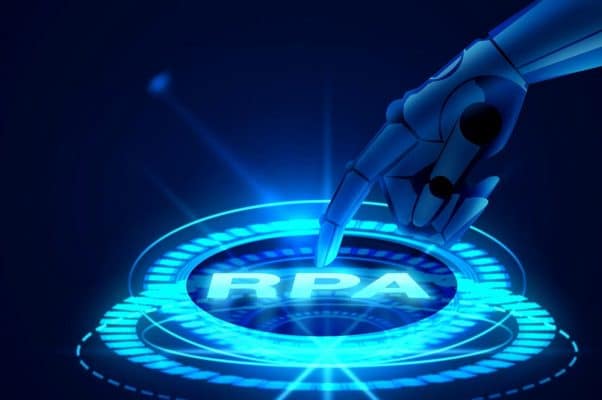
Robotic Process Automation or RPA is a technological development carried out by a “robot” that simulates the actions performed by humans in digital environments in order to make business and operational processes more efficient. This tool obtains data from the user interface and executes the necessary applications for the daily development of the organization.
The automation of processes is able to perform actions aimed at interpretation, activation and response to a user and communicate in an excautive way with other operating systems with the intention of making the assigned tasks more comprehensive.
Implementing RPA in companies means an increase in precision and quality in the execution of commercial and operational tasks, since the software reduces 100% the errors produced by human beings and, in addition, they can be active without any interruption or rest throughout the day. The incorporation of this system means an increase in efficiency, increasing productivity by up to 75% compared to previous accounting periods in which the company did not have this software. In addition, it involves a reallocation of tasks, freeing up the work teams to carry out more analytical and creative tasks. Establishing RPA in the companies favors the performance and motivation of the employees since the software eliminates the actions that lack added value, thus reducing the possible pressure of the workers before this type of tasks.
The technological development of RPA will mean that artificial intelligence will be part of the business, helping employees in analytical and operational tasks. Thus, those applications with no added value in companies will be eliminated, since they will be managed by robotic automation of processes. The benefits obtained by this software represent great value for the market entities, promoting the growth of the company and the quality of the services offered to customers. According to a report provided by Gartner, it is estimated that 85% of large companies in the market will opt for Process Automation by the end of 2022. Forrester forecasts that the RPA market will grow by 60% compared to previous years due to its high efficiency and quality, in addition to the added value that the implementation of RPA in the organization’s systems represents for companies.
To learn more about RPA and our services, please go to R.P.A.